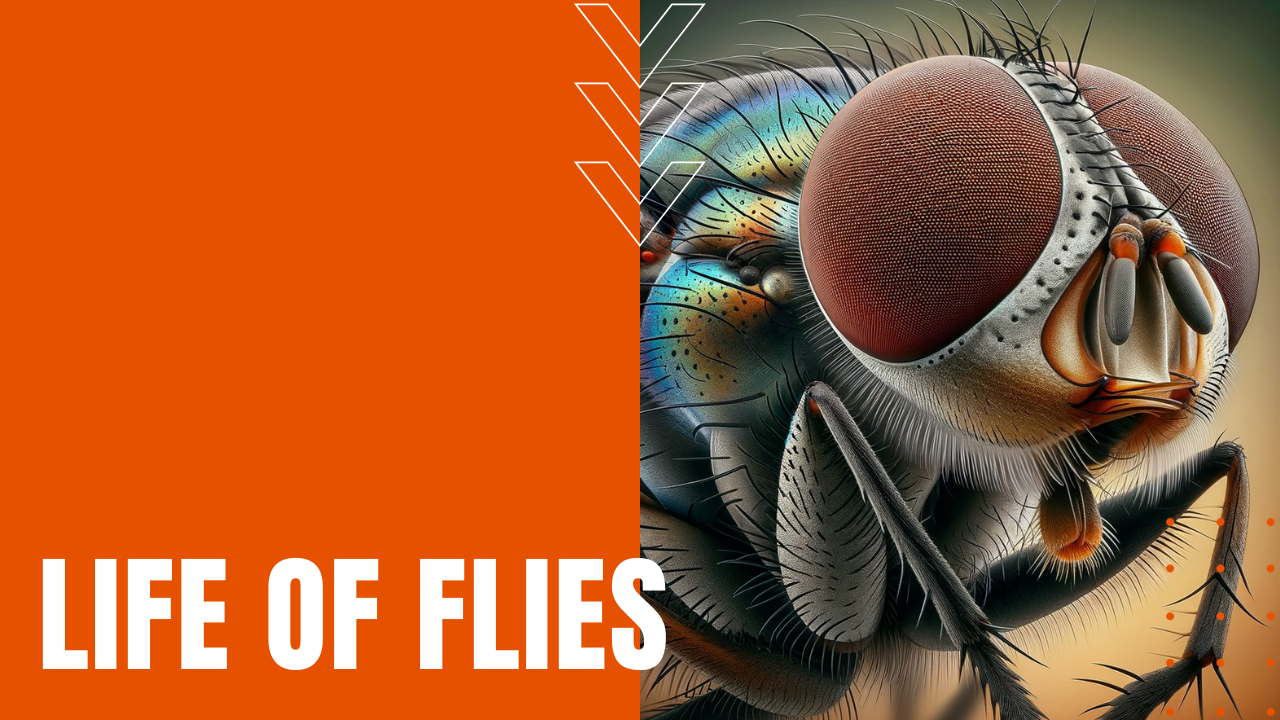-
January 5, 2024
The Life of Giraffes
Giraffes, Africa’s tallest mammals, are unique for their long necks, distinct fur, and segregated herds. Facing threats from predators and habitat loss, they are vulnerable to extinction.
-
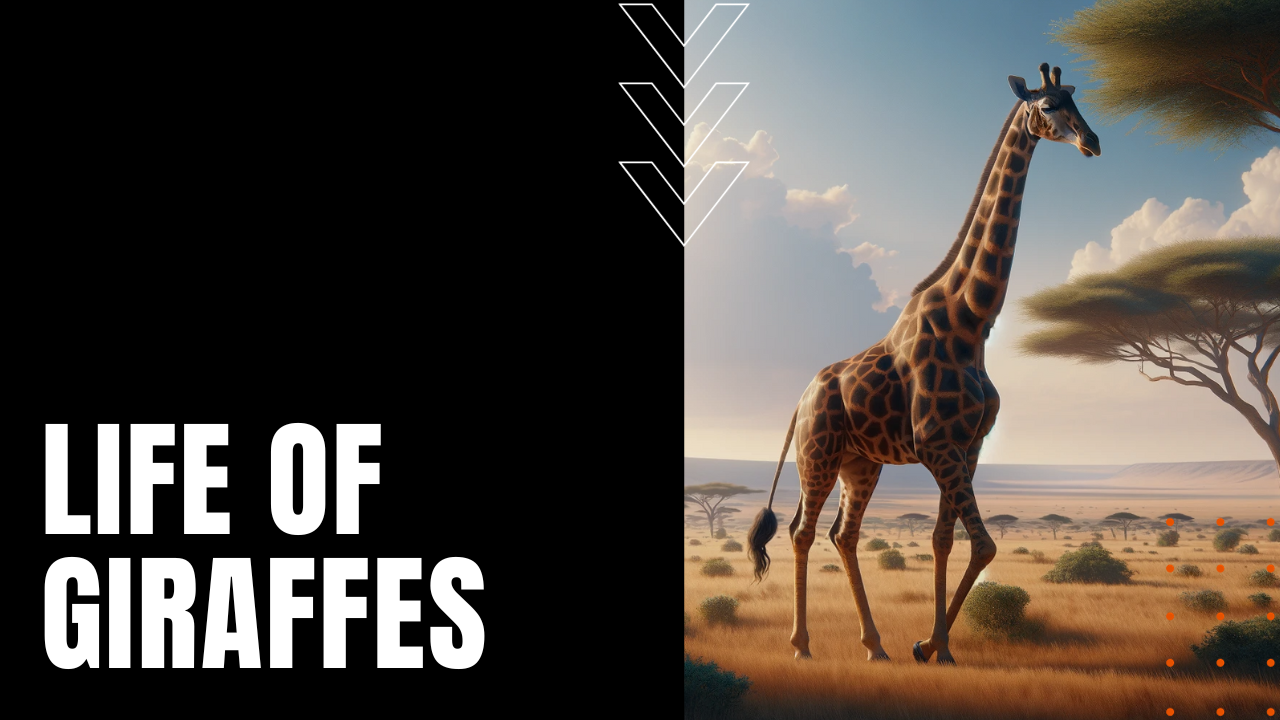
-
December 28, 2023
Louis Pasteur
Louis Pasteur, born 1822 in France, revolutionized microbiology with germ theory, pasteurization, and vaccines for anthrax and rabies. He founded the Pasteur Institute.
-

-
December 25, 2023
The Life of Deer
Deer, belonging to the family Cervidae, are hoofed mammals found on every continent except Antarctica and Australia, including a single species in Africa. This diverse group contains 47 species across 23 genera, such as muntjac, elk, red and fallow deer, caribou, white-tailed and roe deer, moose, and others. Historically, deer have been vital for human survival, mythology, and religion. However, they also carry diseases like bovine tuberculosis, impacting agriculture.
-
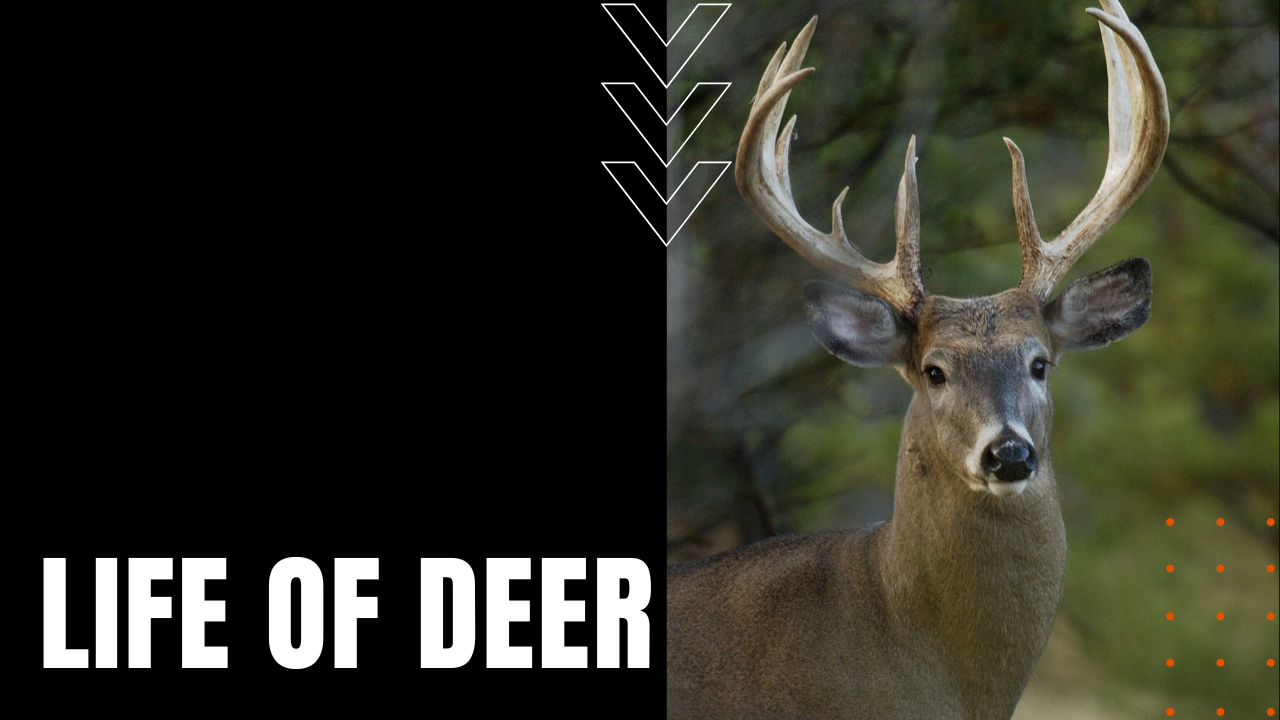
-
December 21, 2023
The Life of Frogs
Frogs, with over 7,000 species, are a diverse and largely carnivorous group of amphibians dating back to the Permian Period, around 265 million years ago. Found globally except in Antarctica, they represent 88% of all amphibians. Male frogs have unique calls for mating, and their lifecycle includes a metamorphosis from water-breathing tadpoles to land-capable adults. Frogs’ skin plays a vital role in respiration and health. However, since the 1980s, over 120 species have gone extinct, with a third threatened by habitat loss, pollution, and diseases like chytridiomycosis, highlighting significant environmental concerns.
-
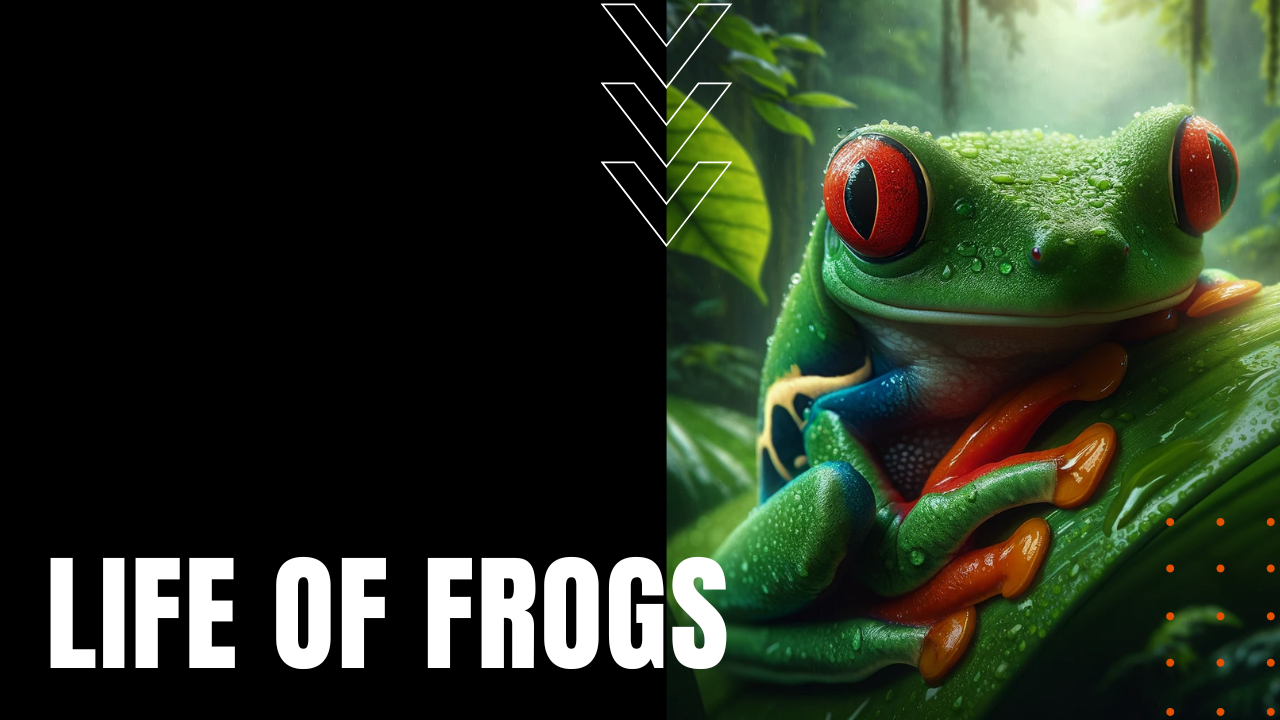
-
December 4, 2023
The Life of Bats
Bats, the only true flying mammals, are often misunderstood, with over 1,400 species worldwide. Most eat insects, aiding in pest and disease control, while others consume fruit, pollinate flowers, or catch fish. They use echolocation for hunting and navigation, roosting in remote areas during the day. Bats are crucial for insect control and their guano supports cave ecosystems.
-
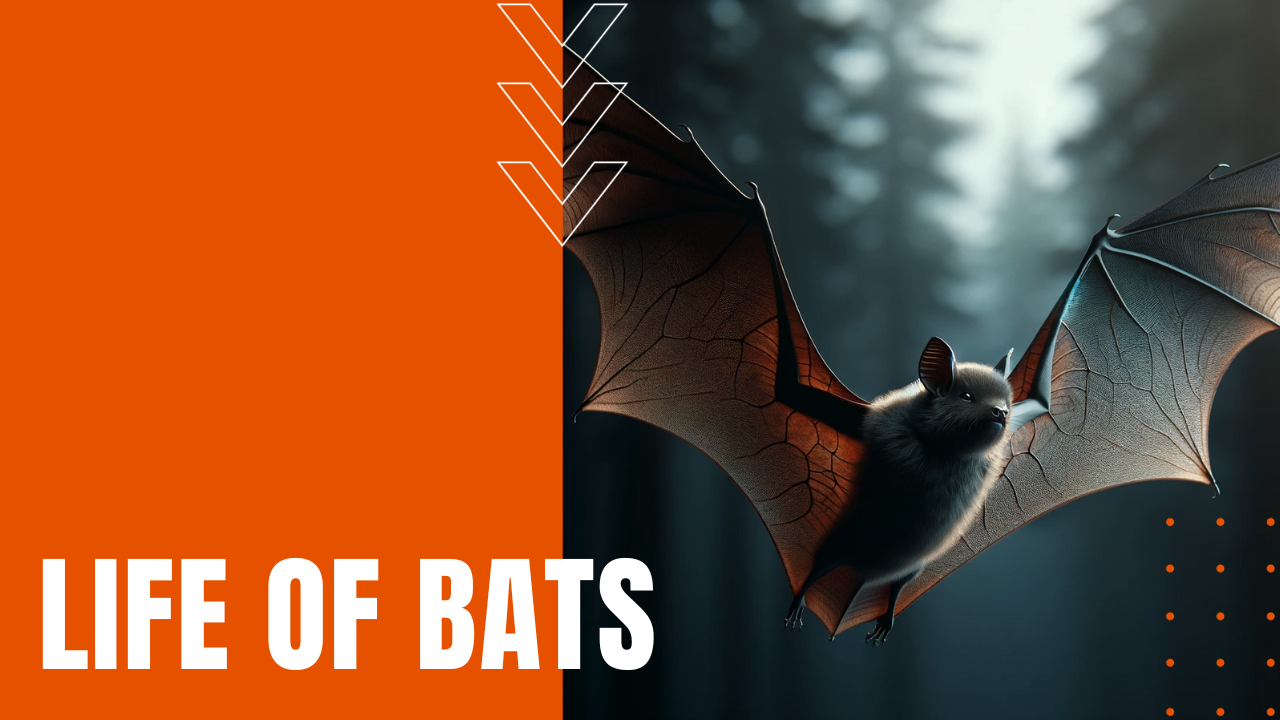
-
November 29, 2023
The Hawthorne Effect
The Hawthorne Effect refers to the phenomenon where individuals modify their behavior when they are aware of being observed. This effect can lead to improved performance and productivity in various settings, such as workplaces and research studies.
-

-
November 28, 2023
The Life of Flies
Flies, a diverse insect order known as Diptera, typically have one set of wings and Halteres for balance. They lay hundreds of eggs in moist environments, with a short life cycle. Some benefit humans through pollination and pest control, while others, like mosquitoes, spread diseases like malaria and yellow fever. Flies have played both positive and negative roles in human history.
-
